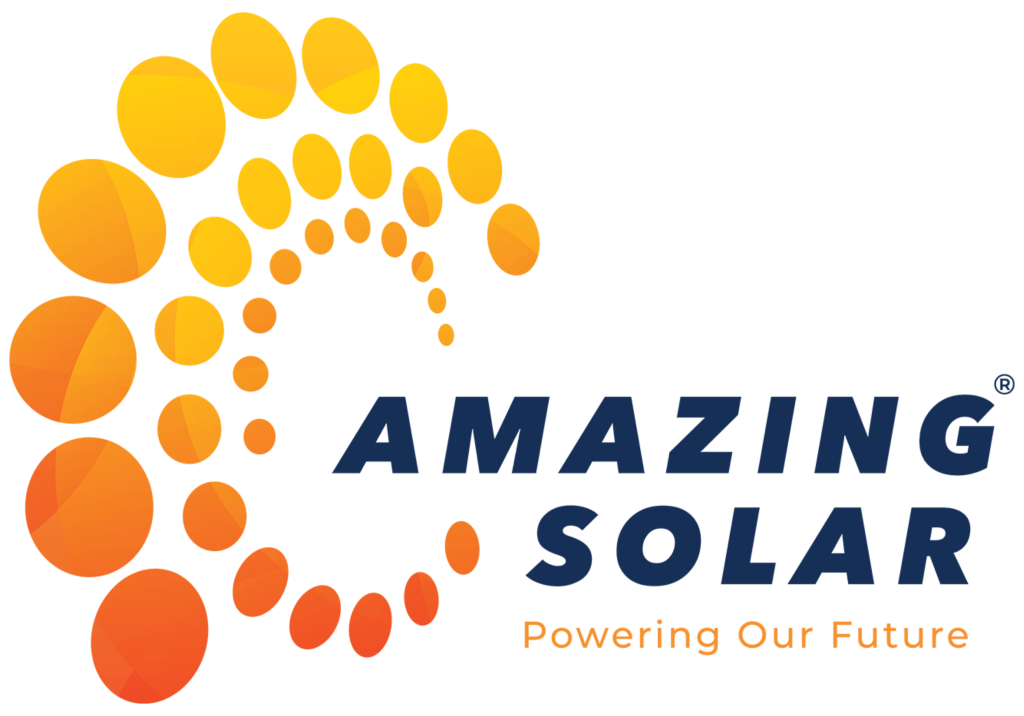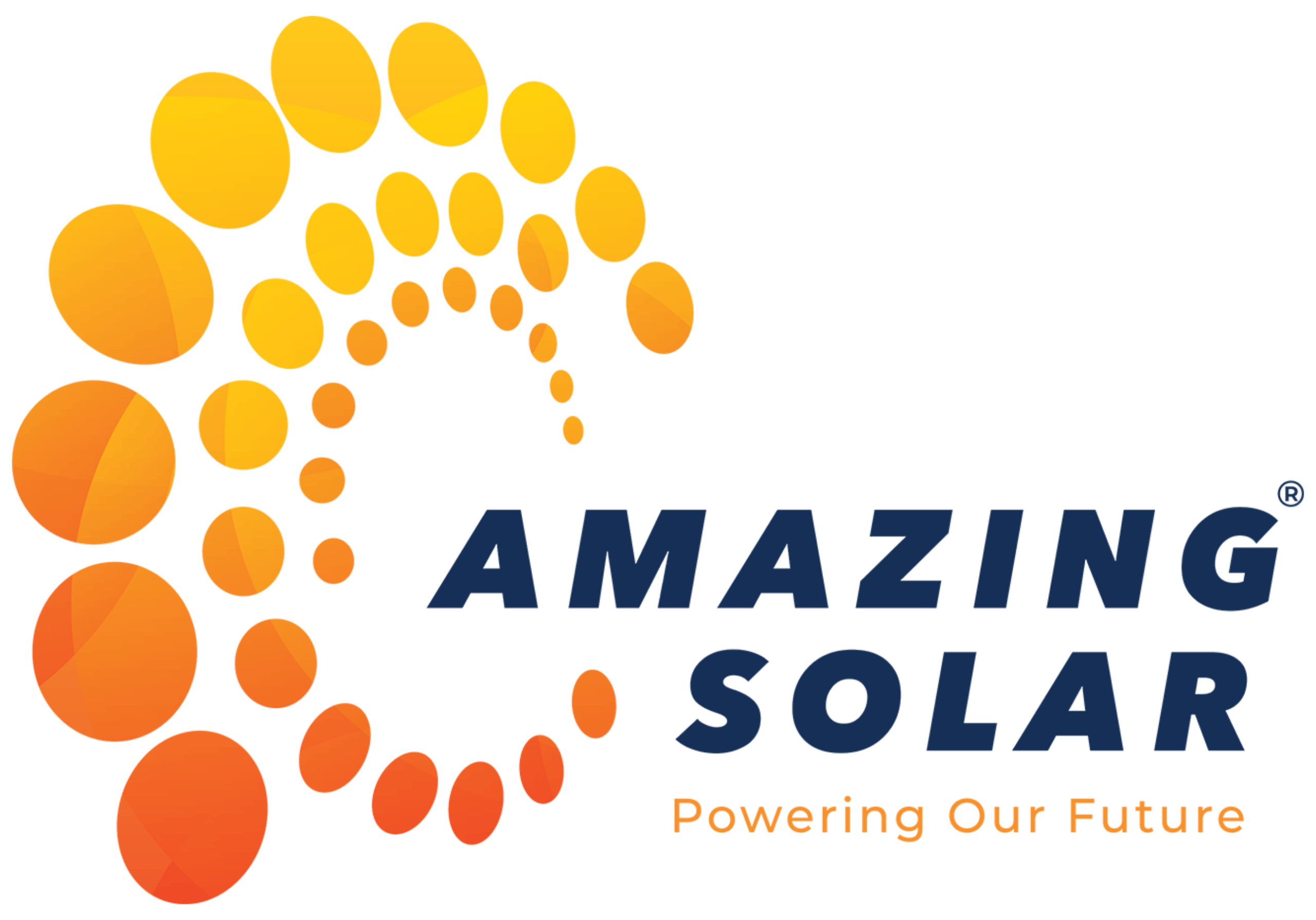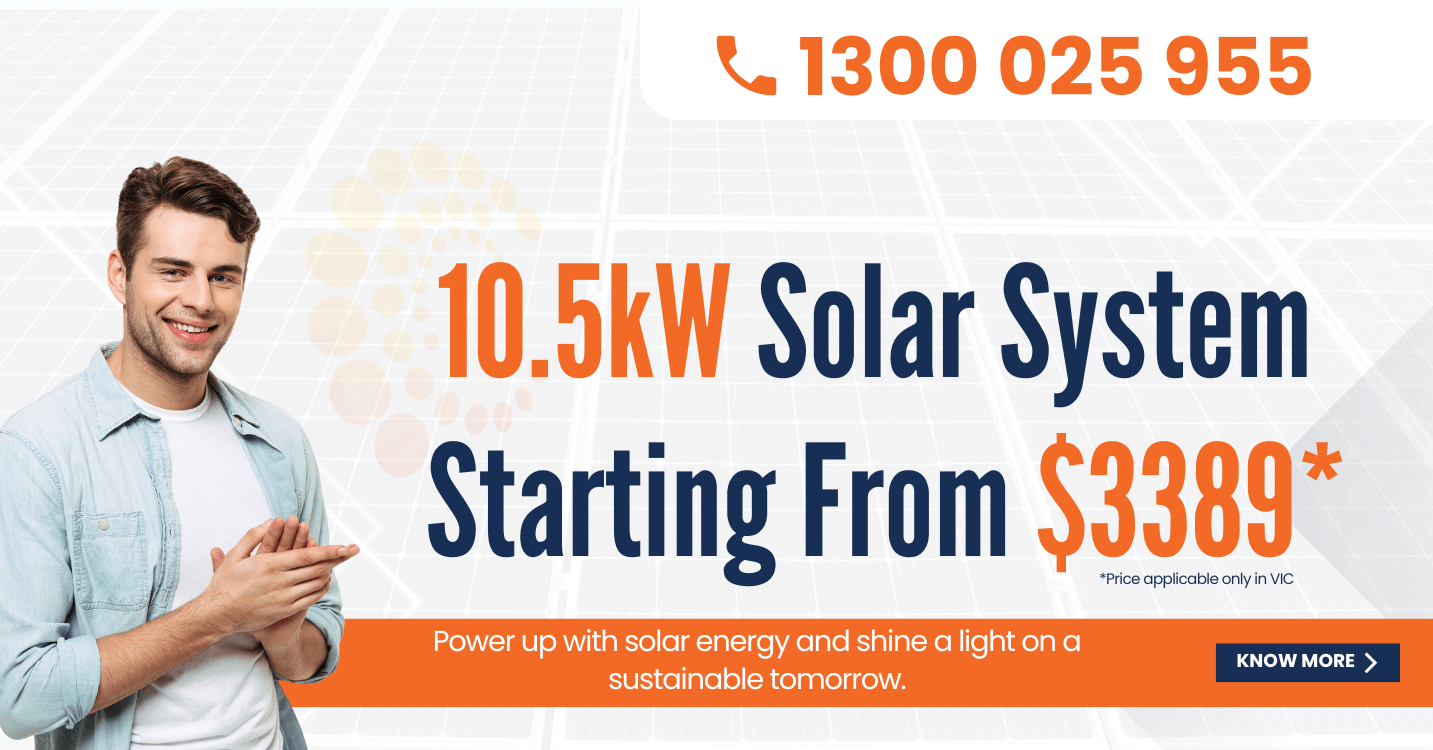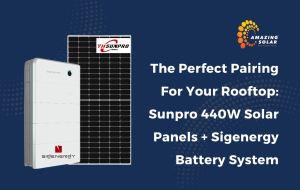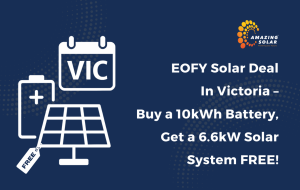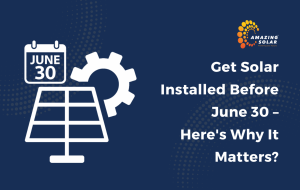Harnessing the Pros and cons of solar systems Victoria, Australia? That’s a fantastic choice! Solar energy not only contributes to a greener planet but also trims your energy expenses. However, before you jump into solar, it’s crucial to understand the different types of solar systems available to make an informed decision. In this blog, we’ll delve into the advantages and disadvantages of each solar system type, helping you determine which one suits you best.
Types of Solar Systems and Their Pros and Cons:
On-Grid (or Grid-Tied) Solar Systems
On-Grid systems are directly connected to the public electricity grid and do not include battery storage. They employ solar inverters to convert the direct current (DC) generated by solar panels into alternating current (AC) usable by household appliances and can also feed surplus electricity into the grid.
How it Works:
- During sunny days, excess electricity is sent back to the grid, potentially earning you credits (subject to local regulations and feed-in tariffs).
- During non-sunny hours or cloudy days, you rely on the grid for power.
Advantages:
- Lower installation costs as batteries are unnecessary.
- The potential to earn credits or income by selling surplus electricity to the grid.
Disadvantages:
- Inoperable during grid outages, as it depends entirely on the grid.
- Reduced energy independence since you still rely on the grid during cloudy periods.
Off-Grid Solar Systems
Off-Grid systems operate independently from the grid and require battery storage to save excess energy generated during the day, making it accessible when solar production is low, such as at night.
How it Works:
- Solar panels generate electricity during the day, powering your home and charging the battery.
- During nighttime or overcast days, your home draws power from the batteries.
Advantages:
- Total energy independence.
- Ideal for remote locations where grid connection is impractical.
Disadvantages:
- Higher initial costs due to battery storage and larger solar installations.
- Batteries have a limited lifespan and require replacement eventually.
Hybrid Solar Systems
Hybrid systems combine the features of both on-grid and off-grid systems. They remain connected to the grid while incorporating battery storage.
How it Works:
- Excess solar energy can either charge the batteries or be fed back into the grid when production exceeds consumption.
- During periods of low solar production, your home can draw power from the batteries or the grid.
Advantages:
- Flexibility and reliability, offering access to solar energy, battery storage, or grid power as needed.
- The opportunity to sell surplus energy to the grid and earn credits or income.
- Provides backup power during grid outages.
Disadvantages:
- Higher initial investment due to the combined cost of grid connection and battery storage.
- Slightly more complex systems that may require additional maintenance.
Conclusion:
With a clearer understanding of the Pros and cons of solar systems type, you’re better equipped to choose the right one for your home in Victoria, Australia.
If you still have questions or need assistance in selecting the perfect solar solution, don’t hesitate to reach out to us at Free Solar Quotes. We’re here to help you assess your requirements and find the ideal solar solution for your home.


